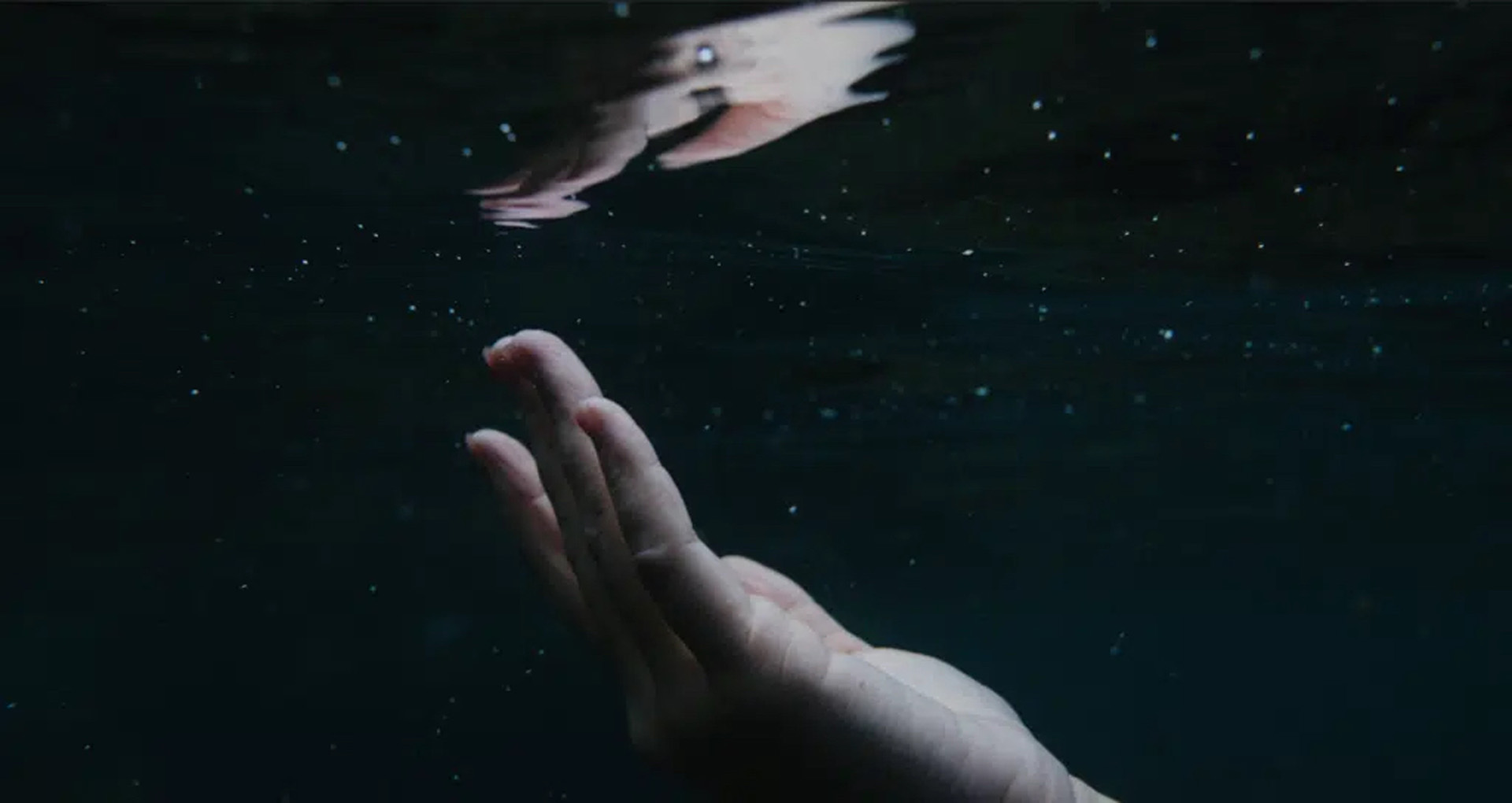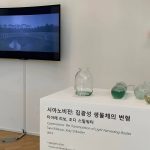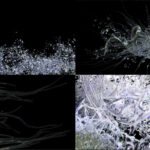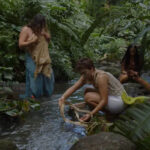“Kai Hali’a (Sea of Memory)” by Tiare Ribeaux, Angelique Kalani Axelrode
Title:
Artist(s) and People Involved:
Filmmaker, Video Artist, or Animator(s):
- Tiare Ribeaux
- Angelique Kalani Axelrode
-
- Vanderbilt University
Symposium:
Venue(s):
Artist Statement:
Kai Hali‘a (Sea of Memory) is a live cinematic experience and dance performance that reconfigures the traditional and phallic concept of memory by exploring memory from a sensual, queer, feminine, Kānaka ʻŌiwi, diasporic perspective. Seeing memory as an intricate ʻupena of both intangible and tangible threads of reality, intertwined with visceral feelings that intimately connect us with our kūpuna and the ʻāina, the act of remembering becomes our way back to our core.
Incorporating immersive media and interactive technology with 8mm and 16mm footage, direct film animation, projections, embodied movement/choreography, and generative animations spawned by movement, Kai Hali’a offers a bridge and a continuum of the past into the future and the future into the past. The images are atemporal, constantly shifting and evolving, revealing memory’s dynamic and malleable nature. With 3+ different video channels and performers, audience members have to decide where to look and what to pay attention to; the line between viewer and creator is indistinct, reflecting memory’s capacity to simultaneously experience and reimagine.
The movement in Kai Haliʻa is an exploration of how the body remembers and dances across generations and identities, and how the ‘iewe, or umbilical cord, is the bridge from the past/pō and into alternative futures.
Kai Hali’a opens dialogue into what it is to suppress memory while exploring how we process, de-stimagize and heal from trauma, both intergenerationally and within our lived experiences as queer kānaka. The work creates space for the following questions: How do we resurface and heal from painful memories that were suppressed for years or generations, with love and care among family, chosen family and community? How can we tend to our wounds and trust our bodies as we collectively move through pain? How do we honor the ʻāina throughout this process?
Memory is the ocean, to remember is to swim.
And our bodies do not forget.









